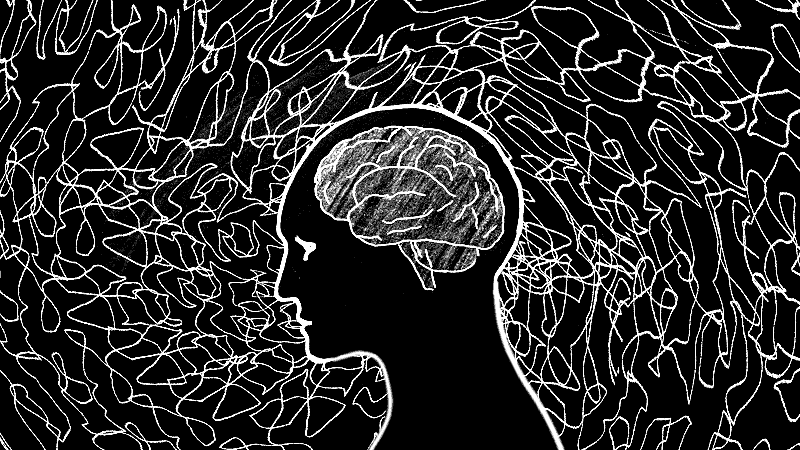Scientists Still Seeking Answers to Questions About Meditation

Article written by guest writer Rin Mitchell
What’s the Latest Development?
Meditation works to relax the mind, body and soul, but scientists have been racking their brains as to why it works for people. Through a series of tests to measure the brain, body and behavior of 60 people during meditation, researchers recorded various factors that played a part in the mind’s ability to react a certain way to certain situations. However, there is still no clear cut sign as to what it is exactly about meditation that makes it all come together for people. One man shared his story of how meditation has helped him after a night of drinking landed him in the hospital due to hyperventilation—and how later on he began to feel depressed. He stated that for the first time in years he felt relaxed overall after meditating for at least 30 minutes. “One of the most ambitious studies of the psychological, physical, and behavioral effects of meditation ever undertaken is The Shamatha Project, a multi-million dollar effort led by neuroscientist Clifford Saron of the University of California, Davis—the project asked: “What do people do differently because they have meditated? There were also more specific questions. Can attention be trained through contemplative practice? Are improvements in attention related to psychological function? What are the behavioral, neural, and physiological correlates of such training?”
What’s the Big Idea?
Researchers studied the mind, body and behavior activity of individuals in a retreat setting, “the experiment offers powerful evidence that a regular meditation practice can sharpen our perception, promote a greater sense of well-being, and encourage a more empathic response to others.” For the man who continues to use meditation to maintain his overall well being and others who have turned to this spiritual medicine—meditation works for those that have experienced the effects of meditation as it pertains to them.





